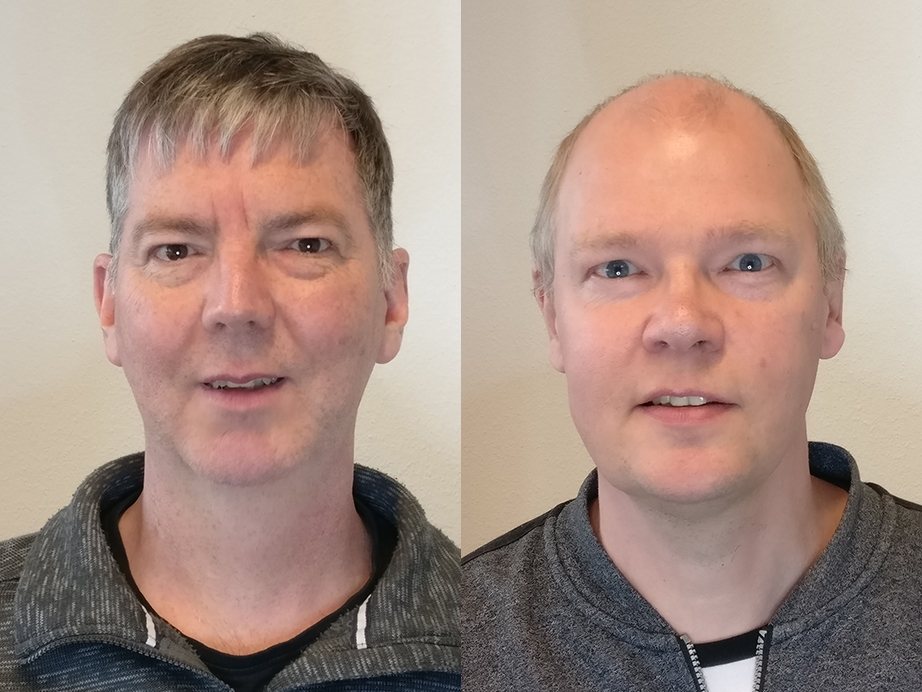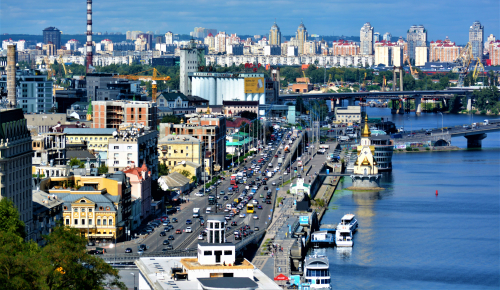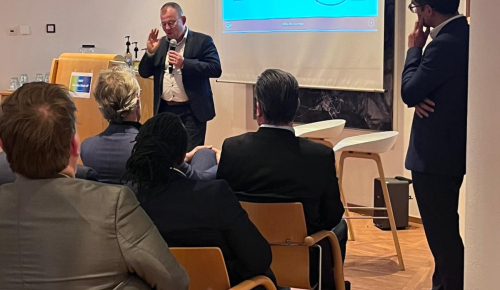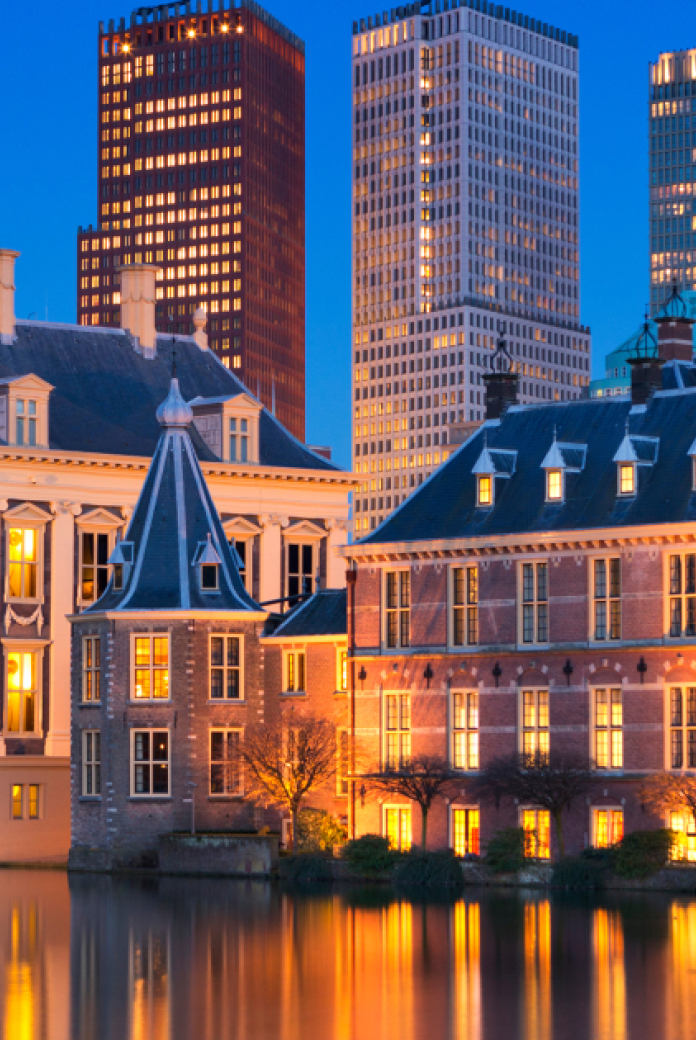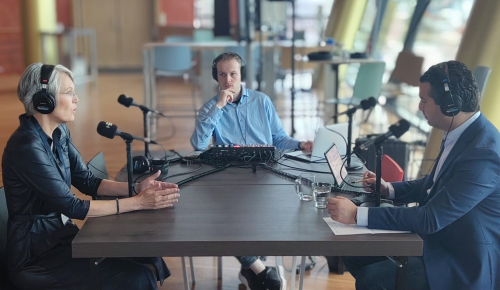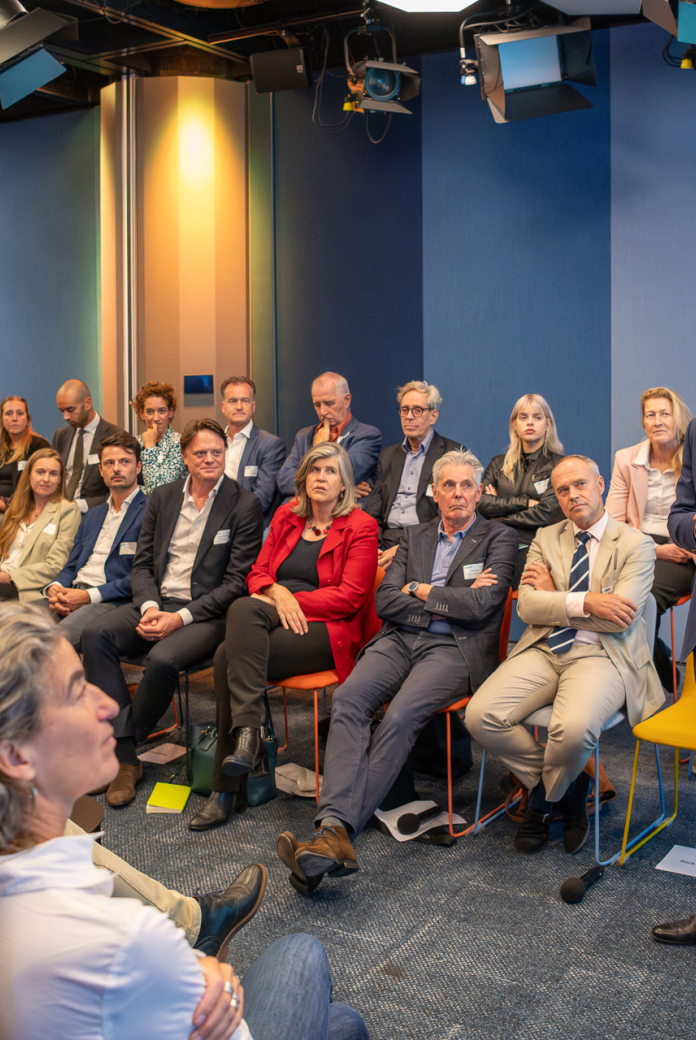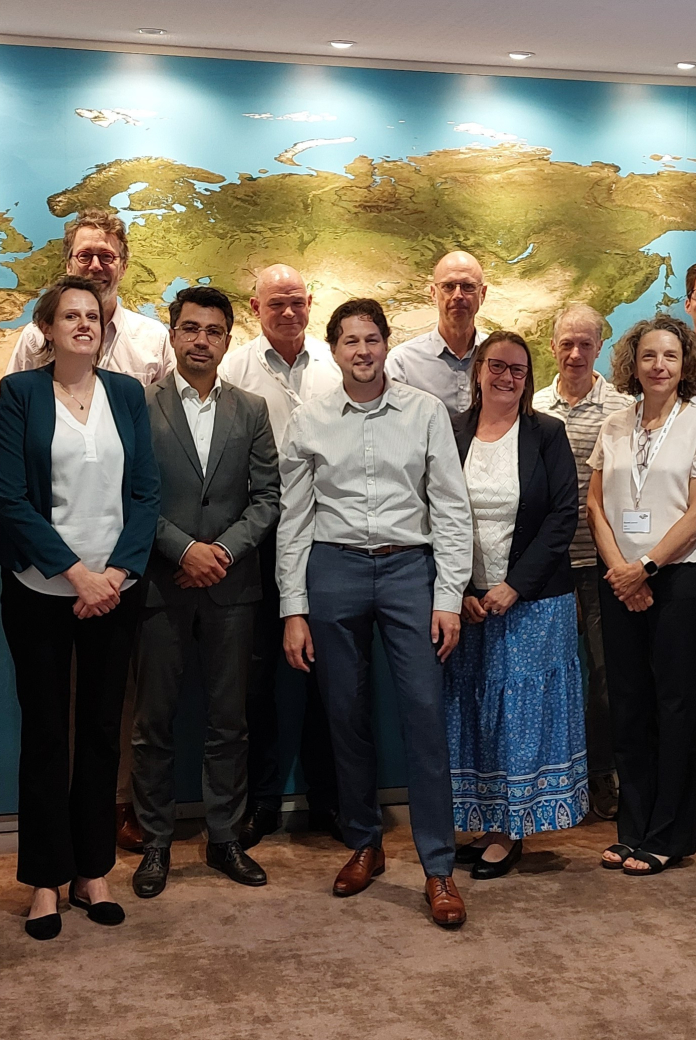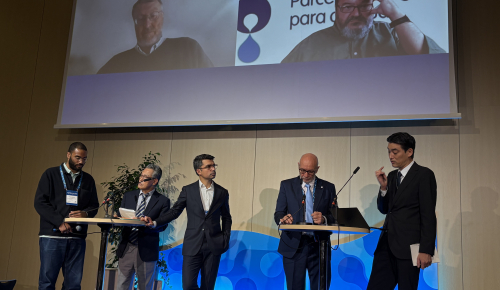News
3 June 2021Prepaid technology for a viable water supply
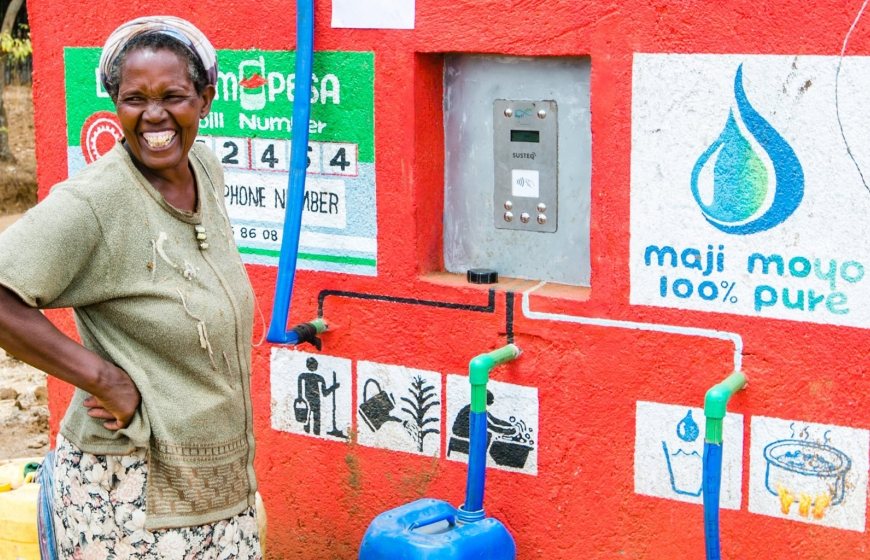
Water is still a luxury in many countries. In East Africa, for example, drought and poorly maintained infrastructure means that people have to walk long distances every day to get clean water or pay high prices for delivery from private suppliers. Often, there is no way to be sure that the water they receive is potable or safe for cooking. Poor maintenance results in leakages and there is sometimes even theft by illegal tapping. These are common issues where the water grid does not reach beyond urban areas.
Today however, many of these water points are being revived and new ones added by an innovative solution based on a system of prepaid digital tokens and electronic meters. By putting a value on a safe and consistent water supply, Susteq, a new member of the Netherlands Water Partnership (NWP), is ensuring that money is available to maintain water sources so that communities have continuous access to water within walking distance of their homes.
Susteq’s two founders, Anton Lepelaar and Tom van Zutphen talk about the system and why it works.
“When visiting South America in 2011, I saw that some pump installations were no longer operational. I thought that instead of drilling new boreholes and new water systems it might be better to ensure that existing projects last for the long term. The principle is simple – if people pay a small amount for their water, the money could be used to maintain the water point and keep it running,” says Lepelaar who is charge of operations and travels on behalf of the company to find local partners.
Prepaid digital tokens and a monitoring system
Susteq’s solution comprises a payment and monitoring system that uses digital credits stored on a token to access clean water at the water point. People can buy tokens or top them up at a local water kiosk or shop. The system is modular and consists of a main control unit and up to three valves and flow meters. It can connect to any water source, such as hand pumps, overhead tanks, mini grids or a water truck or bowser, and can be calibrated to fill small containers such as water bottles. It works off the power grid and it will continue functioning if the connection to the mobile network is lost.
Lepelaar adds that “In most places, people are already paying for water, especially in places where water is in short supply or where they are not connected to the grid. Many government-owned water utilities or other water service providers (WSP) try to solve this problem with treatment systems or by increasing the number of water points, but these installations are often left unsupervised, and it is difficult to earn back the investment.”
Tom van Zutphen is Susteq’s Technology and Finance Officer. He says that as the electronics that drive the system include up to three taps, the system shows redundancy and results in less queuing at busy water points. “Our priority is a reliable system that works under any circumstances, even in rural areas without a reliable network. We also work with mobile money and keep the basic operations simple. There are other companies that have a similar system, but we have broad experience in many different types of water points – ranging from pumps in rural areas to larger cities where we work with water utilities. We are a good partner because we focus on sustainability and make sure that the water point continues to be viable.”
Local partnerships and ATM benefits
Susteq works with local entrepreneurs and NGOs such as Oxfam, the Red Cross and World Vision, who have already constructed water points but lack a revenue stream to ensure viability. The company also works with utilities that need to provide a consistent water supply to rural communities or informal settlements that are off the water grid. Its system has a number of benefits.
- Quality: each Susteq water point can monitor the status of the water dispenser to keep the water point in top condition.
- Smart delivery: a dashboard displays the water distributed and credits sold. Alerts indicate when maintenance is required.
- Easy payment: pre-payment generates the revenue needed to maintain the water supply and reduces the cost of and income loss from non-revenue water.
- Consistent and managed supply: this ensures stable prices.
The payment mechanism can also be adjusted to provide subsidised water for communities in need or in times of emergency. Lepelaar says, “In Nairobi, for example, because of the Covid-19 pandemic, there is a need for easily available water for sanitation and hygiene. This was easy to implement with the prepaid system which allows the digital management of prices.”
The Maganzo Water Project
A trusted water supply that is clean and affordable has a huge impact. Up to recently, the people of Maganzo Village in northern Tanzania were dependent on private water sellers who charged high prices to deliver water from nearby villages. With the help of a local Dutch NGO called ICS (Investing in Children and their Societies), the village was able to construct a large water tank that now supplies water to 10,000 residents. The water is distributed through water points using the Susteq prepaid system. “The community is happy to pay for the water they use because they know its quality and supply is guaranteed,” says Lepelaar.
New distributors for social projects
Last year, the company implemented some projects with Dutch water utilities such as Water Net and Vitens. Van Zutphen adds, “We are also working more with other Dutch organisations and would like to strengthen this relationship so we can tackle more social projects. Our ATM is currently being used mainly in Sub-Saharan Africa. We hope to improve distribution points and equipment so we can help distribute clean water to more areas. Larger projects depend on financing and partners, but once the infrastructure or kiosks are in place, the system can easily be installed in a few hours. We can help organisations complete the final step for a successful water project which entails reliable distribution and payment collection to ensure that the project can be sustained. We are also looking for new distributors with local market knowledge to do business development and supply, install and maintain our product.”
A digital system has great WASH potential
Van Zutphen is urging partners to look at water not only as a commodity for drinking, but also in terms of sanitation and animal care. He says having a digital system with tracking and multiple tap capabilities with diameters ranging from a half inch to two inches has great potential. “We take the entire WASH infrastructure as a whole. Utilities that have an existing billing system can integrate them with our mobile payment system via an API. We have also received inquiries from a toilet operator to use a prepaid system for access to toilets and sanitation buildings. There is also potential to add sensors and we are looking into combining data with other providers. There is even an idea to use the system for dispensing other liquids, such as milk.
Our job is to provide paid access. This adds value to the commodity and provides revenue for maintenance and a sustained supply.
Like to know more?
For more information get in touch with Anton Lepelaar anton@susteq.nl.
